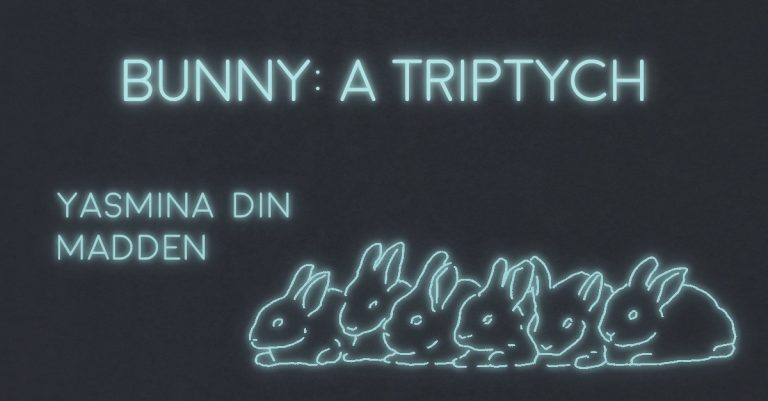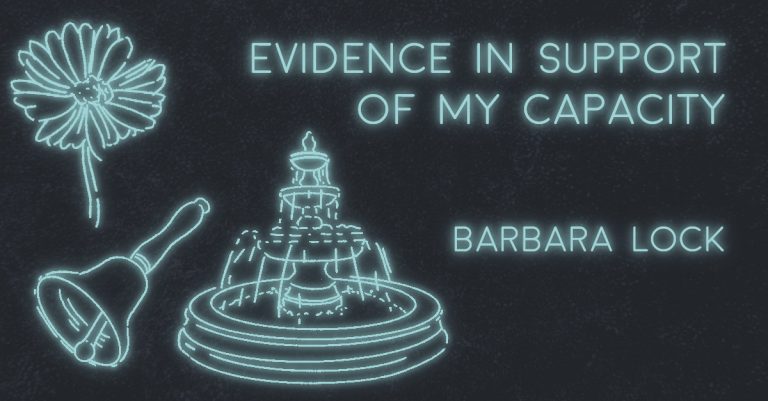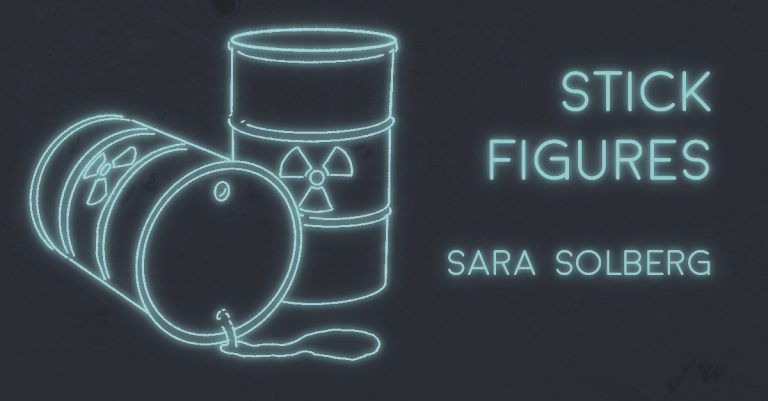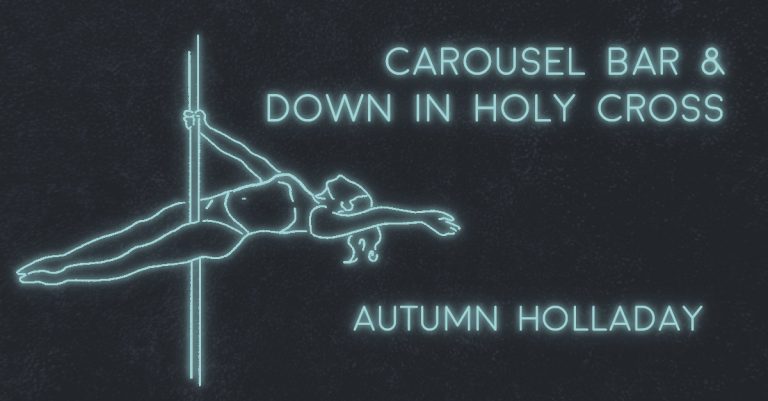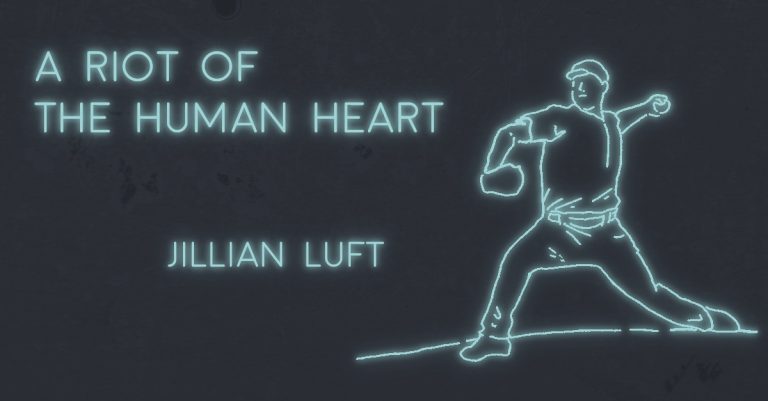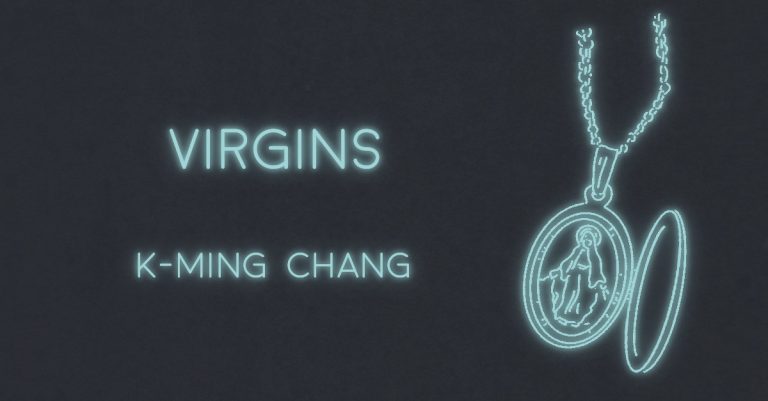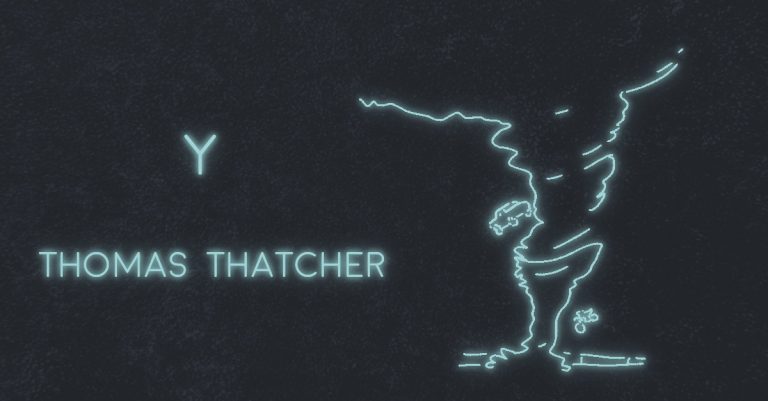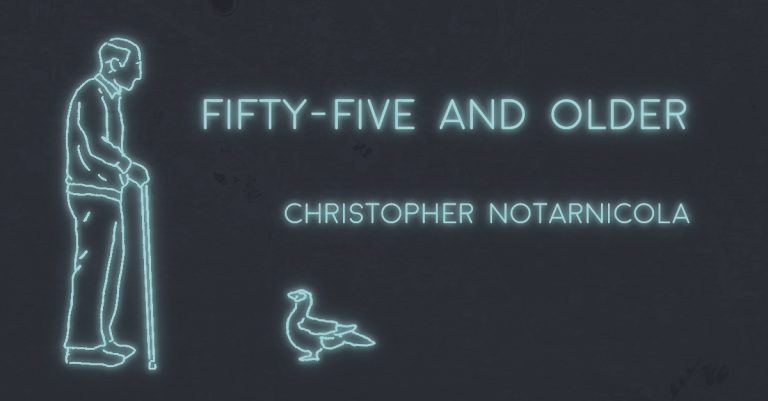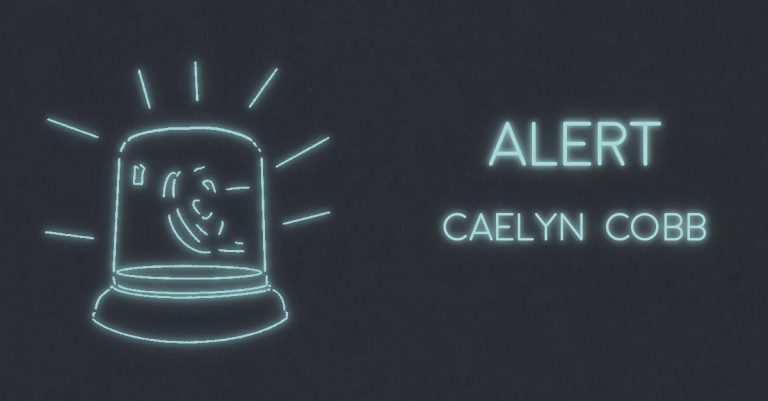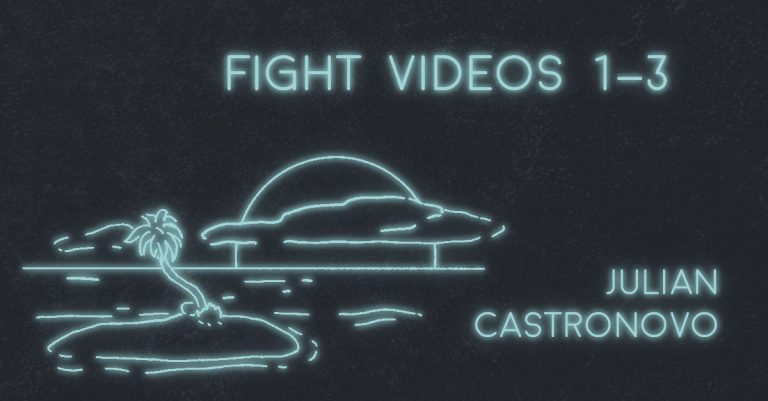
FIGHT VIDEOS 1-3 by Julian Castronovo
I. The babysitter Bunny put me in the basement and locked the door. It was an old basement, a cellar. There was a torn up floral sofa and a boiler and a window that looked out at the bottom of a hole. The hole was maybe four feet deep and was lined with pieces of wood that kept it from collapsing into itself. I walked over and looked up through it. The sky was dark yellow. I went and sat on the sofa and watched videos of fat people slapping each other hard in the face. Then I heard

